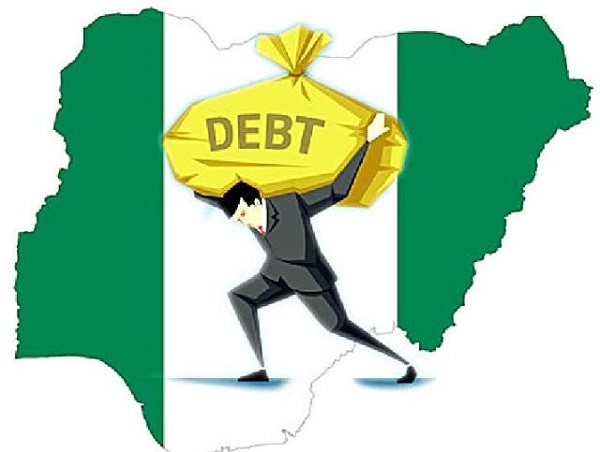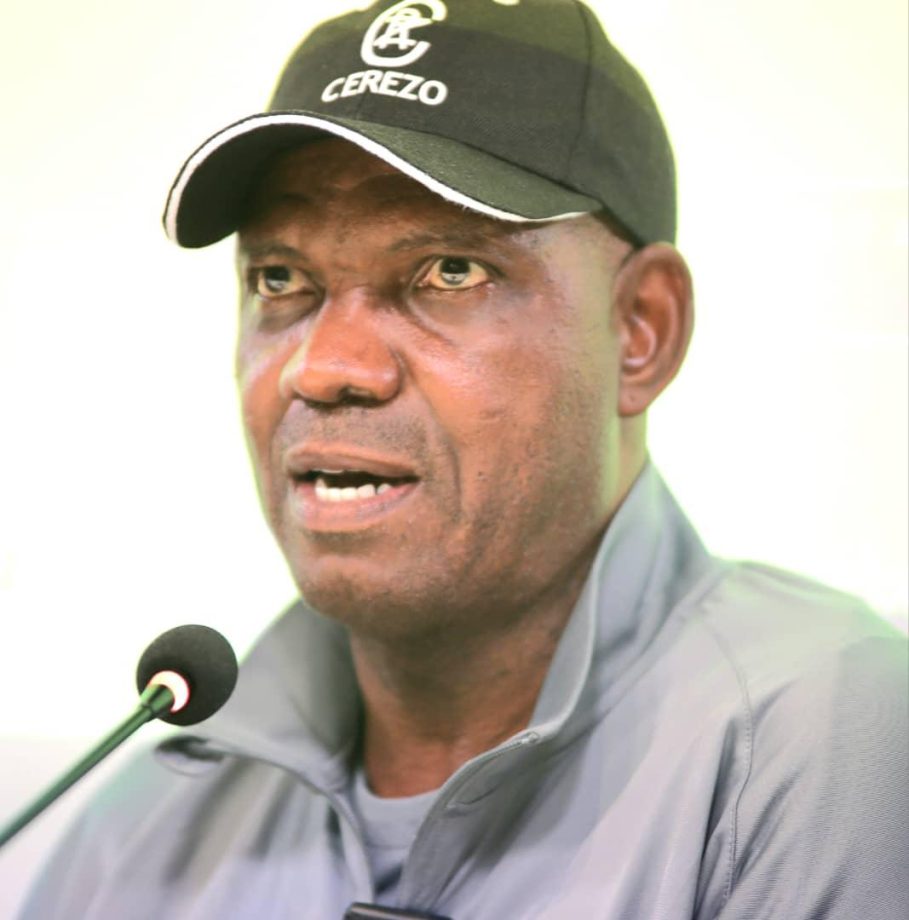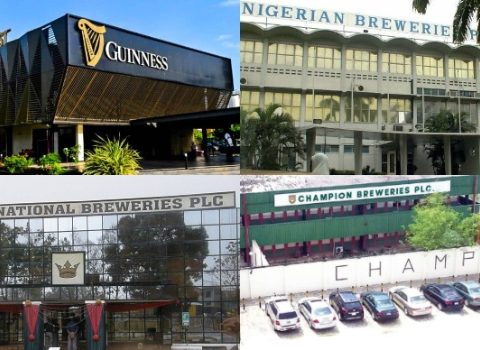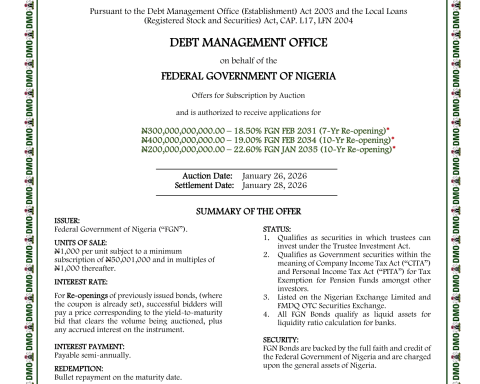Debt Servicing Increases 69% in H1 2024
Nigeria’s debt servicing payments surged by 69% in the first half of 2024, reaching a staggering N6.04 trillion, up from N3.58 trillion during the same period in 2023.
This sharp increase highlights the mounting financial pressure on the government, as more funds are diverted to repay debts instead of other crucial sectors.
Join our WhatsApp ChannelAccording to data from the Central Bank of Nigeria (CBN), debt servicing accounted for 50% of the government’s total expenditure of N12.17 trillion in H1 2024. Even more alarming is that debt servicing costs surpassed total revenue, consuming 162% of the N3.73 trillion generated during the same period.
Debt Servicing Drains Government Resources
The impact of rising debt servicing obligations on the government’s budget has been significant. “We are borrowing to pay off existing debt, which is unsustainable,” said an anonymous finance expert. “When debt servicing takes such a large chunk of government revenue, it leaves little room for spending on vital infrastructure, education, and healthcare.”
For every naira, the government earned in the first half of 2024, more than one naira was spent on servicing debt. The strain this places on public finances is becoming increasingly difficult to manage, and experts are urging immediate action to reverse the trend.
What the Data Shows
The year-on-year increase in debt servicing is seen across every month of H1 2024. In January, the government spent N755.9 billion on debt servicing, a 37% rise from N550.3 billion in January 2023. February’s figure saw a minor dip, with N505.9 billion spent compared to N518.7 billion the previous year.
However, March 2024 saw one of the highest jumps, with debt servicing reaching N1.01 trillion, a 12.2% increase from March 2023’s N897.9 billion. May 2024 recorded the most dramatic rise, with the government spending N2.26 trillion, a 332% leap from May 2023’s N523.8 billion. These figures reflect not only the accumulation of debt but also the adverse effects of naira devaluation on foreign debt repayments.
READ ALSO: Experts Warn Of Economic Risks As External Debt Servicing Rises To $2.78bn
Debt Servicing Consumes Half of Government Expenditure
Debt servicing accounted for 50% of the total government expenditure in H1 2024, signaling a worrying trend. “This is not just a number, but a clear indication that Nigeria is walking a fiscal tightrope,” remarked a senior economist. “When half of the government’s budget is going to pay off debts, the funds available for development projects and public services shrink.”
The implications are severe. With infrastructure and social services underfunded, the country’s economic growth prospects could be hindered, leaving millions of Nigerians without essential services.
Debt Servicing Exceeds Revenue
Perhaps even more concerning is that debt servicing has exceeded the government’s total revenue by a wide margin. In H1 2024, debt servicing costs were 162% of the government’s revenue. This means Nigeria is borrowing more to cover its debt obligations, a cycle that could become unsustainable in the long term.
In a statement earlier this year, the World Bank warned about the dangers of rising debt servicing costs for developing nations like Nigeria. Indermit Gill, the World Bank’s Chief Economist, highlighted the risks. “When debt servicing costs rise faster than revenue, countries may find themselves in a situation where they can no longer meet their financial obligations,” he said.
Growing Fiscal Concerns
Nigeria’s rising debt burden is not just a local issue but part of a broader global challenge. Experts warn that if it continues to grow at its current rate, the country may face tough choices in the future.
The federal government is expected to implement policy changes that can mitigate the effects of rising debt servicing. However, with limited fiscal space and ongoing economic challenges, many are concerned about how these debts will be managed without further straining public resources.
As Nigeria faces this debt crisis, the question remains: How long can the country continue borrowing to service its debts? A comprehensive strategy will be crucial for ensuring long-term economic stability and protecting the most vulnerable sectors from budget cuts.
Emmanuel Ochayi is a journalist. He is a graduate of the University of Lagos, School of first choice and the nations pride. Emmanuel is keen on exploring writing angles in different areas, including Business, climate change, politics, Education, and others.
- Emmanuel Ochayihttps://www.primebusiness.africa/author/ochayi/
- Emmanuel Ochayihttps://www.primebusiness.africa/author/ochayi/
- Emmanuel Ochayihttps://www.primebusiness.africa/author/ochayi/
- Emmanuel Ochayihttps://www.primebusiness.africa/author/ochayi/
















